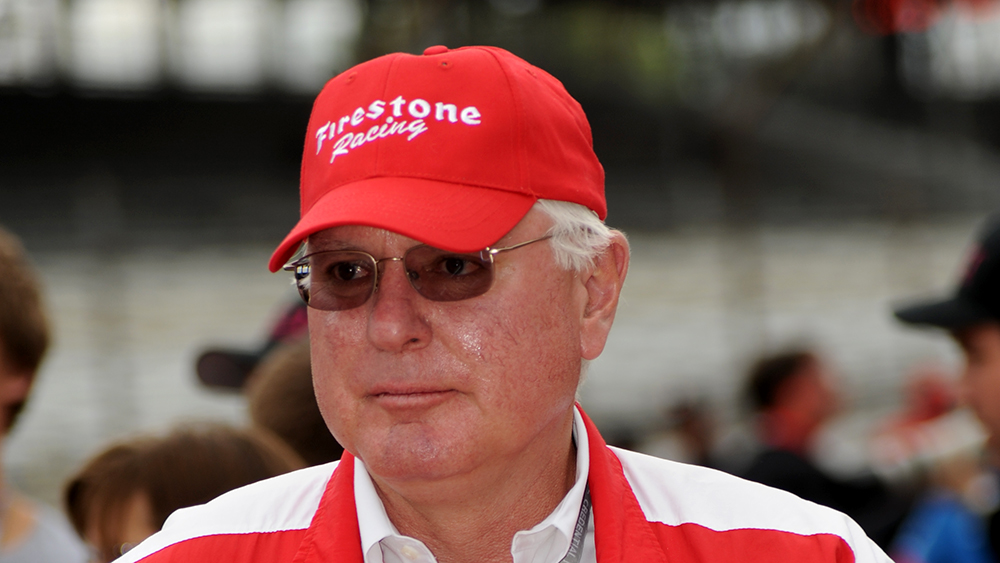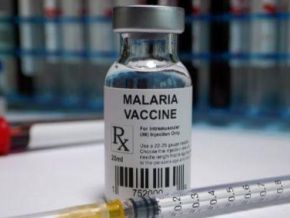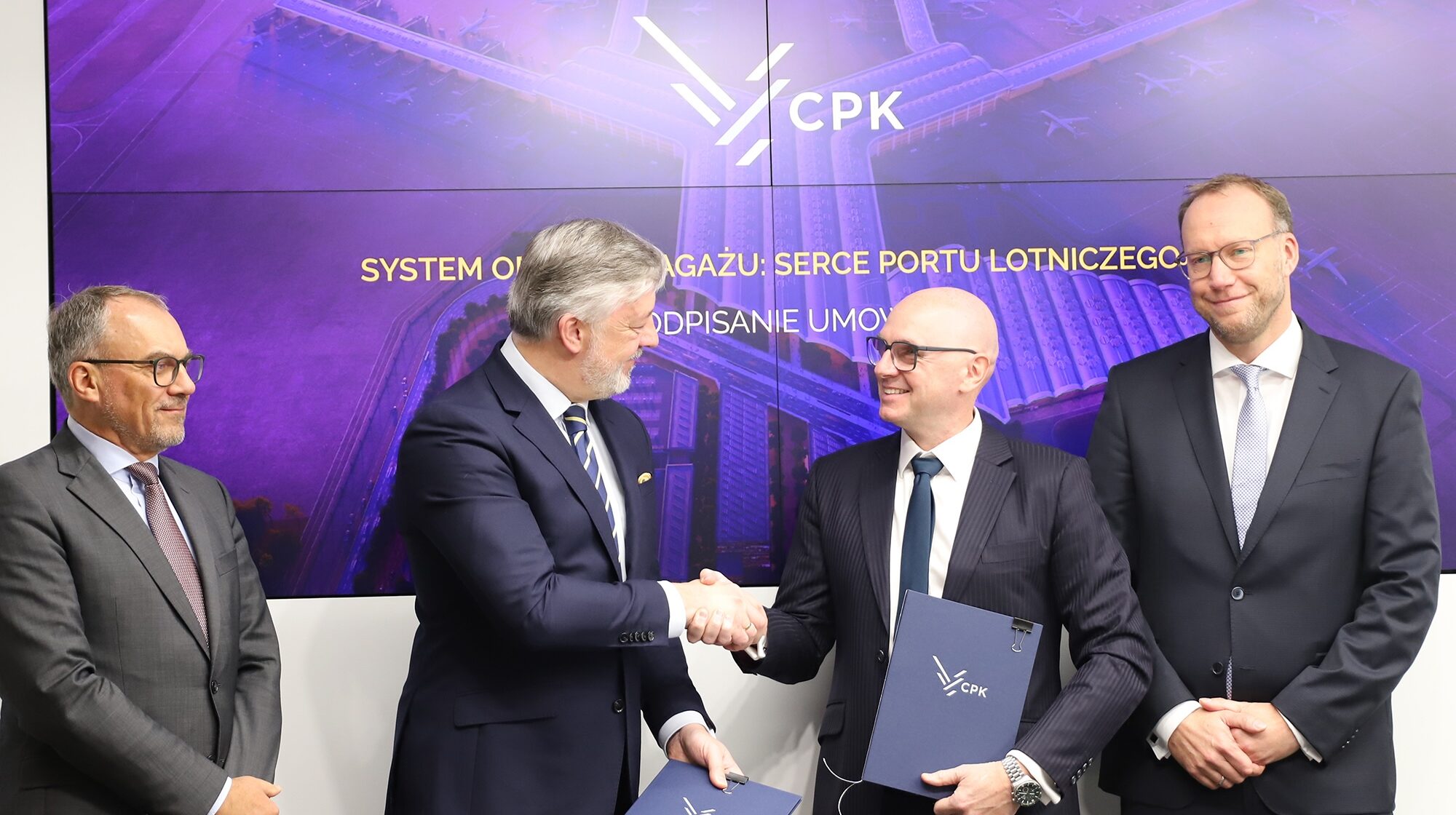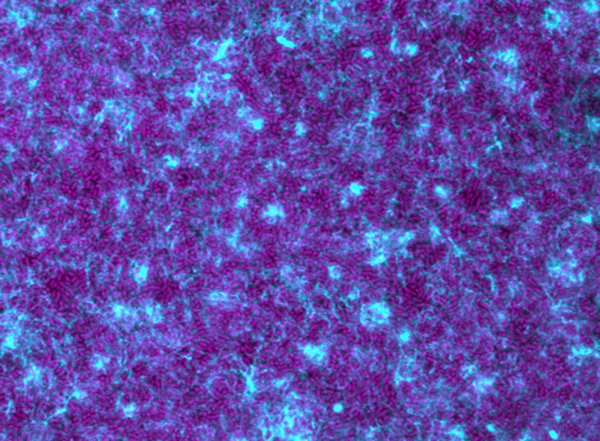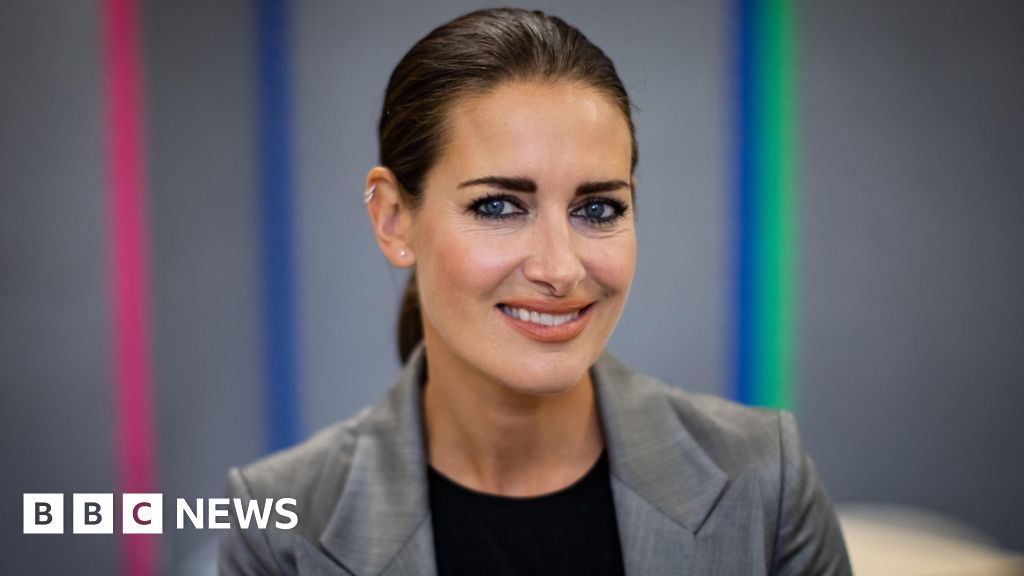CEF Energy is contributing to the development of Europe’s CO₂ networks by funding key transport infrastructure, a central element of the EU’s Industrial Carbon Management Strategy. Since 2019, the programme has invested over €978 million in 28 projects, covering both studies and works across the full CO₂ transport chain – including pipelines, liquefaction terminals, buffer storage sites, and compressor facilities. By linking industrial emitters to permanent storage locations, these projects play a crucial role in reducing industrial emissions and advancing towards climate neutrality by 2050.
New supported CO₂ projects
Following the 2024 CEF Energy call for proposals for Projects of Common Interest (PCI) and Projects of Mutual Interest (PMI), the promoters of ten CO₂ projects have signed Grant Agreements with CINEA in 2025, further expanding Europe’s carbon dioxide transport networks. Together, these actions represent an EU investment of around €240 million, covering three construction works projects and seven preparatory studies. They aim to advance detailed design studies, strengthen cross-border connections and facilitate access to underground storage , with the aim to accelerate the development of new infrastructure that will enable the safe transport of captured CO₂ from industrial clusters to permanent storage sites.
Examples of these new projects include the Prinos project in Northern Greece, which received nearly €120 million to develop a CO2 import terminal and upgrade offshore facilities to create the first carbon capture and storage value chain in the South-Eastern Mediterranean region; the North Sea L10 CO2 facility on the Dutch continental shelf, awarded €55 million for the construction of an offshore spurline connecting to the Aramis project; and the Norne CO2 facility in Denmark, granted almost €12 million for construction of the extension of quay walls in the Port of Aalborg within the first implementation phase of the PCI. For studies, the Baltic CCS project is preparing the development of a cross-border CO₂ transport network linking industrial emitters in Latvia and Lithuania to a liquid CO₂ terminal in Klaipėda (Lithuania). CEF support contributes to technical, environmental and economic studies to assess the feasibility and design of the terminal and the wider CO₂ value chain.
Together, these ten projects represent an important step towards the necessary European CO₂ infrastructure supporting the 2030 target of 50 million tonnes of annual CO2 injection capacity outlined in the Net Zero Industry Act. They complement earlier initiatives, extend the reach of the carbon dioxide network to new regions, and highlight the EU’s firm commitment to advancing industrial decarbonisation.
Success story paving the way
Several CEF Energy supported projects are already demonstrating how EU funding is turning CO₂ infrastructure plans into reality. Among them, Porthos stands out for its maturity, progress and impact, showing how coordinated European action is building a connected CO₂ transport and storage system.
The Porthos project, coordinated by the Port of Rotterdam and implemented together with Gasunie and EBN, is developing an open access, cross-border network to transport CO2 from industrial sources in the port areas of Rotterdam, Antwerp and Ghent to offshore storage locations in the North Sea. CEF supports the construction of a 33 km long onshore pipeline connecting emitters in the port of Rotterdam, a compressor station of 20 MW located at Aziëweg, and a 20 km offshore pipeline that will transport the compressed captured CO2 to depleted gas fields for storage in the Dutch section of the North Sea. Implemented as part of the PCI CO2 TransPorts, Porthos is expected to be operational in 2026, and illustrates how public-private investments and cooperation can drive large-scale climate solutions.
Building synergies across EU programmes
The deployment of CO₂ transport infrastructure in Europe relies on strong complementarities between EU funding programmes managed by CINEA. While Horizon Europe supports research and innovation for new or improved technologies and the Innovation Fund finances large-scale industrial decarbonisation projects that generate the captured CO₂ to be transported and stored, CEF Energy focuses on developing networks and infrastructures with a cross-border dimension to allow the transport of CO2 from emitters and sources towards permanent geological storage. Together, all three funding programmes support a coherent value chain – from carbon capture to transport and permanent storage – essential to achieve climate neutrality.
One clear example of this complementarity can be seen between the projects Northern Lights (supported by CEF Energy) and Beccs Stockholm (supported by the Innovation Fund). BECCS is building one of the world’s largest facilities for capturing and permanently storing biogenic CO2 in Sweden. This CO2 needs to be safely stored, which is where Northern Lights comes in, as it will enable the storage of up to 900,000 tonnes of biogenic CO2 annually from Stockholm Exergi, while also offering additional CO2 storage capacity (up to 5 Mtpa in total) for other European emitters. A positive Final Investment Decision (FID) was reached by the promoters of these projects in March 2025.
CINEA promotes close coordination and knowledge exchange between project promoters and programme teams, helping to identify synergies, avoid overlaps and accelerate progress across funding instruments. This collaborative approach reinforces Europe’s Industrial Carbon Management ecosystem, ensuring that EU investments deliver maximum impact for a competitive, connected, and climate-neutral Europe.
More information
Interactive publication on EU funding to the Industrial Carbon Management

